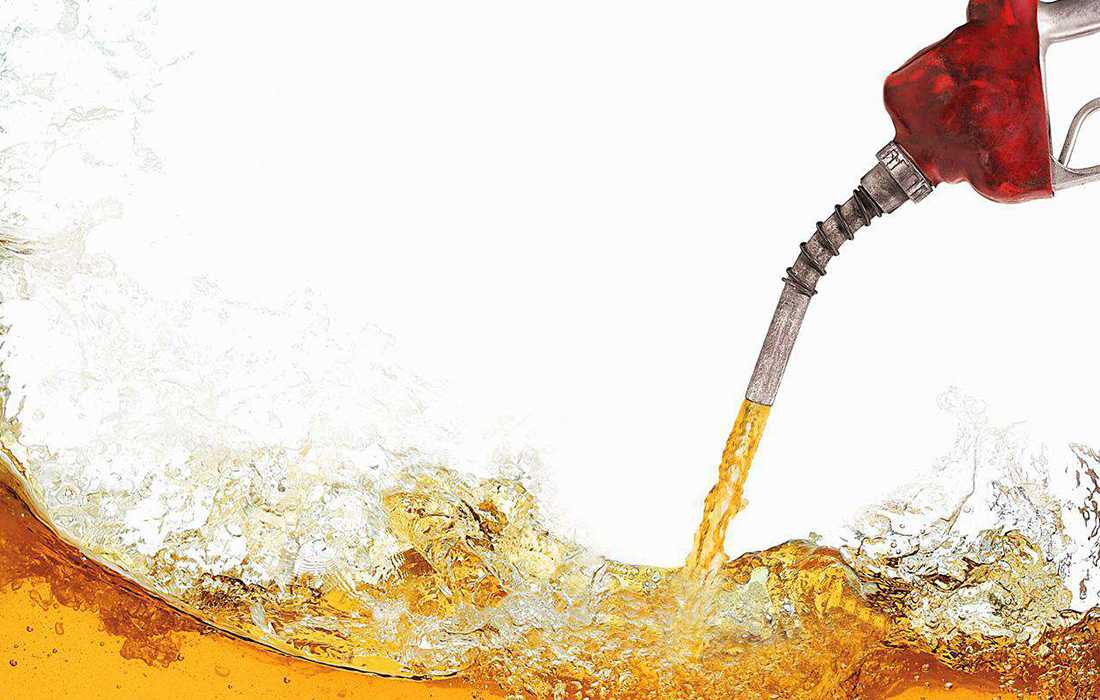
24 Dec gasoline
Gasoline, also known as petrol, is a flammable liquid fuel primarily used in internal combustion engines. It is derived from crude oil through the refining process. Gasoline is a complex mixture of hydrocarbons, typically containing molecules with 8 to 12 carbon atoms.
Gasoline is most commonly used as a fuel for automobiles, motorcycles, and other vehicles with spark-ignition engines. It is also used in some small engines, such as those found in lawnmowers, generators, and chainsaws. Gasoline is highly volatile and burns readily in the presence of air and a spark, providing the energy necessary for the engine to operate.
Gasoline’s energy content is measured in terms of its octane rating, which indicates its resistance to knocking or pre-ignition in an engine. Higher-octane gasoline is used in high-performance engines or those designed for increased power. Lower-octane gasoline is suitable for most standard passenger vehicles.
In addition to its use as a transportation fuel, gasoline has other applications. It is used as a solvent in various industries, including the manufacturing of paints, varnishes, and cleaning agents.
It’s important to note that gasoline is a non-renewable fossil fuel and its combustion contributes to air pollution and greenhouse gas emissions. In recent years, there has been a growing emphasis on developing alternative fuels and electric vehicles as a means to reduce reliance on gasoline and mitigate environmental impacts.

